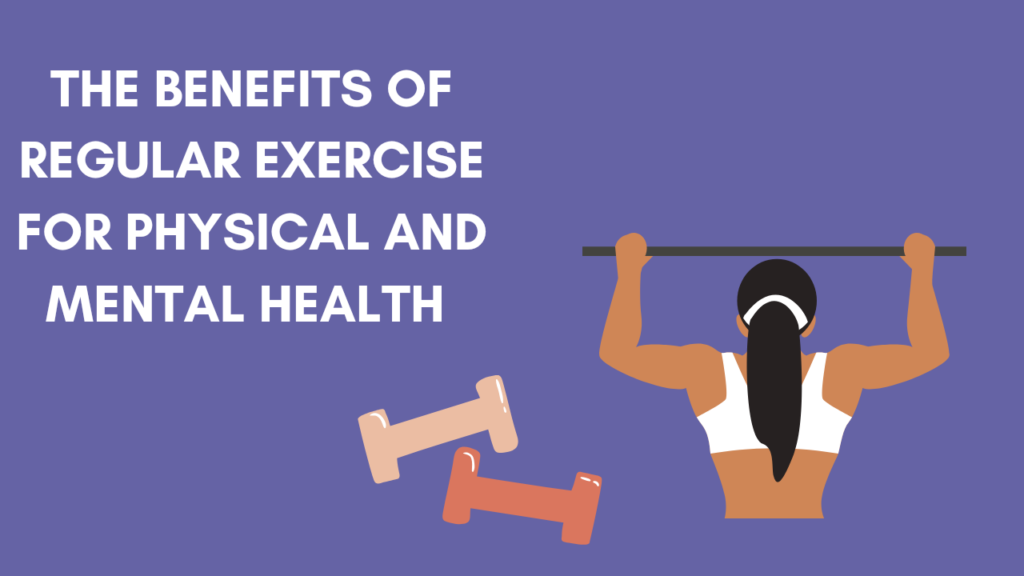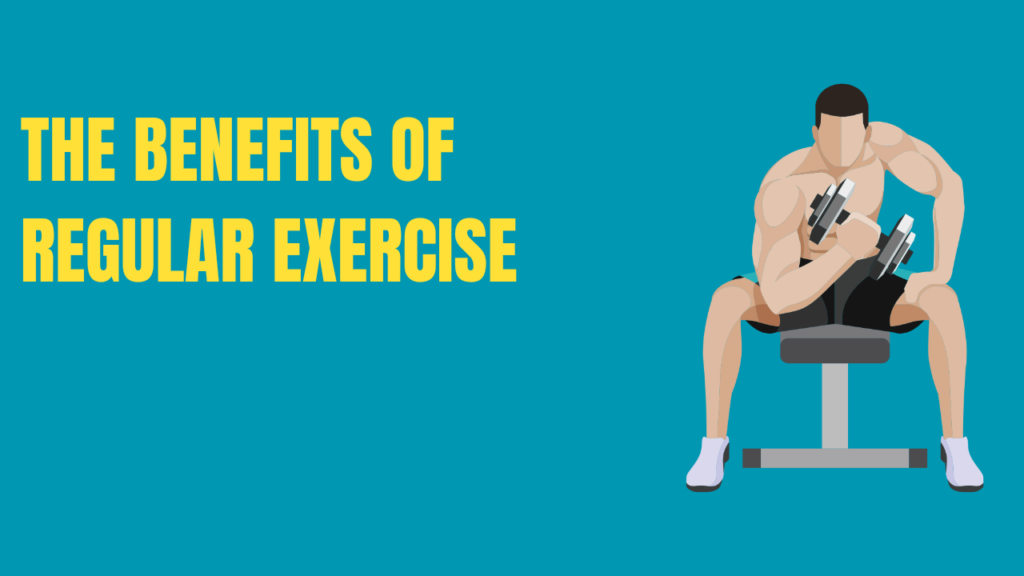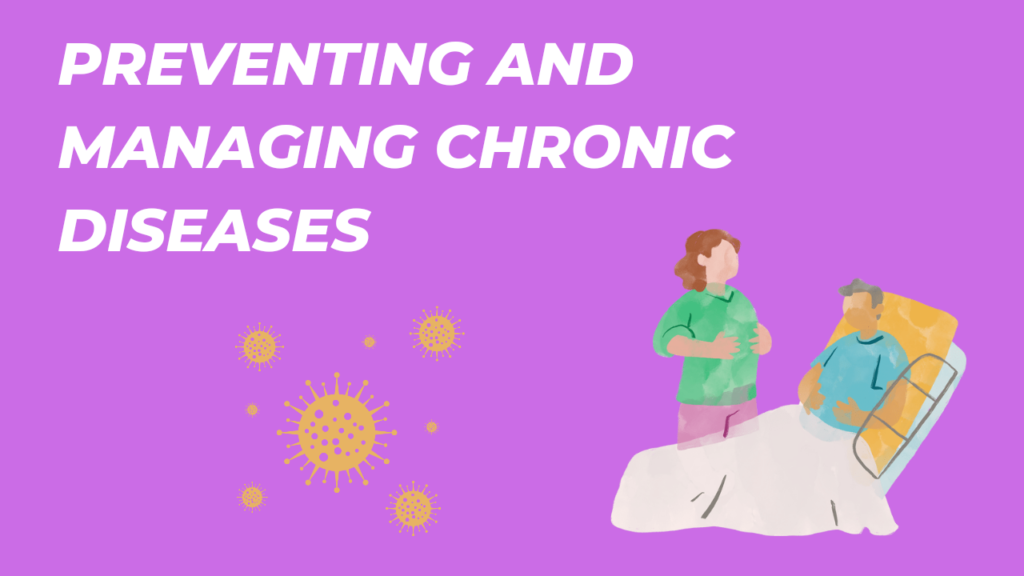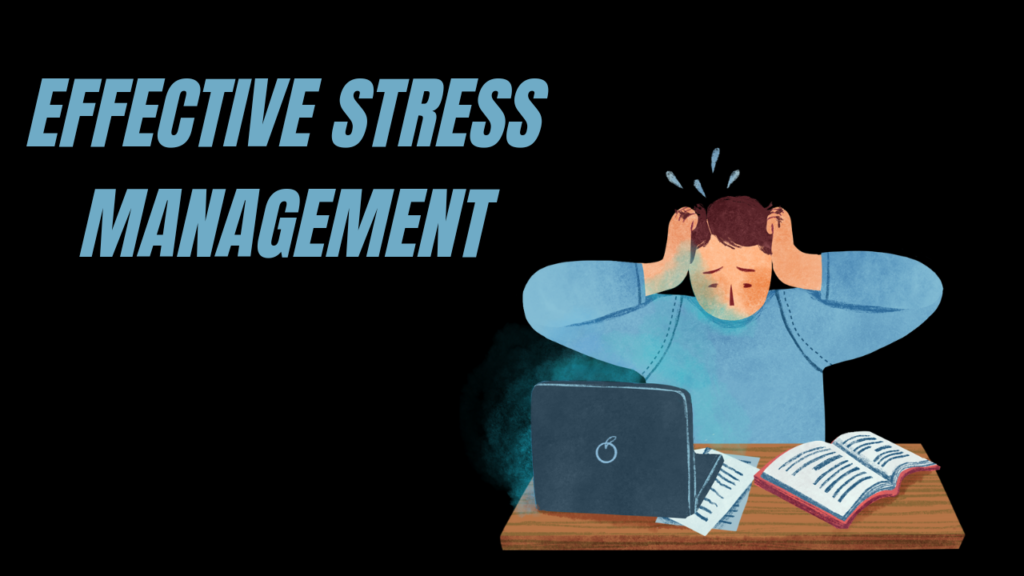THE BENEFITS OF REGULAR EXERCISE FOR PHYSICAL AND MENTAL HEALTH

Physical Health:
1. Weight Management: Exercise helps burn calories and maintain a healthy weight, reducing the risk of obesity and related conditions.
2. Cardiovascular Health: It strengthens the heart, improves circulation, and lowers the risk of heart disease, stroke, and high blood pressure.
3. Muscular Strength and Endurance: Regular workouts build muscle, increase stamina, and enhance overall physical performance.
4. Bone Health: Weight-bearing exercises like walking and weightlifting help maintain bone density, reducing the risk of osteoporosis.
5. Enhanced Flexibility: Stretching exercises improve joint flexibility and reduce the risk of injuries.
6. Metabolic Health: Exercise can improve insulin sensitivity, helping to prevent or manage type 2 diabetes.
7. Improved Sleep: Regular physical activity can promote better sleep patterns and reduce insomnia.
Mental Health:
1. Stress Reduction: Exercise triggers the release of endorphins, which can reduce stress and boost mood.
2. Anxiety and Depression: Physical activity is linked to a reduction in symptoms of anxiety and depression, as it increases the production of neurotransmitters like serotonin.
3. Cognitive Function: Regular exercise can enhance memory, cognitive function, and overall brain health.
4. Increased Energy Levels: Physical activity can boost energy levels, combat fatigue, and improve alertness.
5. Better Self-esteem: Achieving fitness goals can lead to an improved self-image and higher self-esteem.
6. Social Interaction: Group exercises or team sports can provide social interaction and a sense of belonging.
7. Stress Management: Exercise can serve as a healthy coping mechanism for dealing with life’s challenges.
It’s important to note that the type, duration, and intensity of exercise can vary based on individual preferences and goals. Consult with a healthcare professional or fitness expert to create a personalized exercise plan that suits your needs.
**Physical Health:**
1. **Weight Management:** Exercise helps maintain a healthy weight by burning calories and increasing metabolism.
2. **Heart Health:** It strengthens the heart, lowers blood pressure, and reduces the risk of heart diseases.
3. **Muscle and Bone Health:** Exercise helps build and maintain strong muscles and bones, reducing the risk of osteoporosis.
4. **Improved Flexibility:** Regular physical activity enhances flexibility and range of motion.
5. **Better Sleep:** Exercise promotes better sleep quality and can help with insomnia.
6. **Enhanced Immune System:** It boosts the immune system, making the body more resistant to illnesses.
7. **Increased Energy:** Regular exercise can increase energy levels and reduce fatigue.
**Mental Health:**
1. **Stress Reduction:** Exercise triggers the release of endorphins, which are natural mood lifters, helping to reduce stress and anxiety.
2. **Improved Mood:** It can alleviate symptoms of depression and enhance overall emotional well-being.
3. **Enhanced Cognitive Function:** Exercise can boost memory, concentration, and cognitive abilities.
4. **Increased Self-esteem:** Achieving fitness goals can boost self-confidence and self-esteem.
5. **Social Interaction:** Group exercise or team sports can provide opportunities for social interaction and support.
6. **Better Coping Skills:** Regular physical activity can improve coping mechanisms for dealing with life’s challenges.
7. **Reduced Risk of Cognitive Decline:** It may lower the risk of age-related cognitive decline and conditions like Alzheimer’s disease.
Incorporating exercise into your routine, whether through aerobic activities, strength training, yoga, or other forms of physical activity, is essential for maintaining a healthy body and mind. It’s important to find activities you enjoy to make exercise a sustainable part of your lifestyle.
Physical Health:
1. Weight Management: Exercise helps in maintaining a healthy weight by burning calories and increasing metabolism.
2. Cardiovascular Health: It improves heart health by reducing the risk of heart disease, lowering blood pressure, and improving cholesterol levels.
3. Muscle Strength and Flexibility: Exercise builds and tones muscles, enhancing overall strength and flexibility.
4. Bone Health: Weight-bearing exercises strengthen bones, reducing the risk of osteoporosis.
5. Improved Immune System: Regular exercise can boost the immune system, making the body better at fighting off illness.
6. Better Sleep: It can improve the quality of sleep, helping you fall asleep faster and enjoy deeper sleep.
Mental Health:
1. Stress Reduction: Exercise triggers the release of endorphins, which are natural stress relievers, leading to reduced stress and anxiety levels.
2. Mood Enhancement: Regular physical activity can elevate mood and reduce symptoms of depression.
3. Cognitive Benefits: Exercise is linked to better cognitive function, memory, and concentration. It may even reduce the risk of age-related cognitive decline.
4. Increased Energy: Regular exercise increases overall energy levels and reduces feelings of fatigue.
5. Social Interaction: Group activities or exercising with others can provide social interaction, reducing feelings of loneliness and improving mental well-being.
6. Enhanced Self-esteem: Achieving fitness goals and feeling physically fit can boost self-confidence and self-esteem.
It’s important to note that the type and intensity of exercise can vary depending on individual preferences and needs. Combining both aerobic (e.g., running, swimming) and strength-training (e.g., weightlifting, yoga) exercises can offer a well-rounded approach to reaping these physical and mental health benefits.






